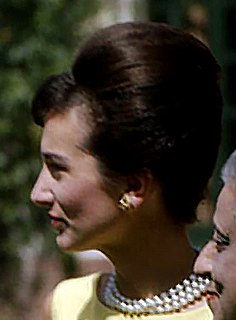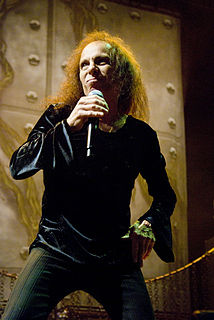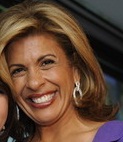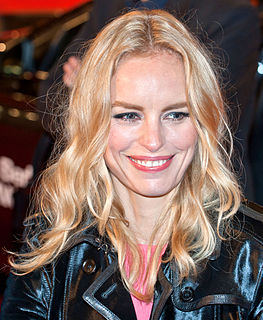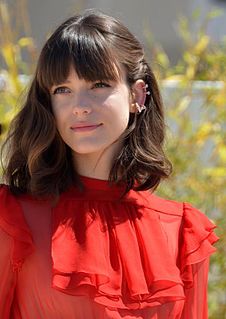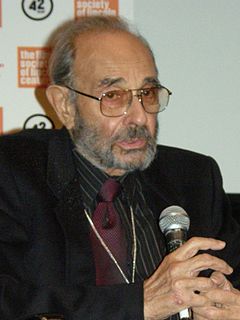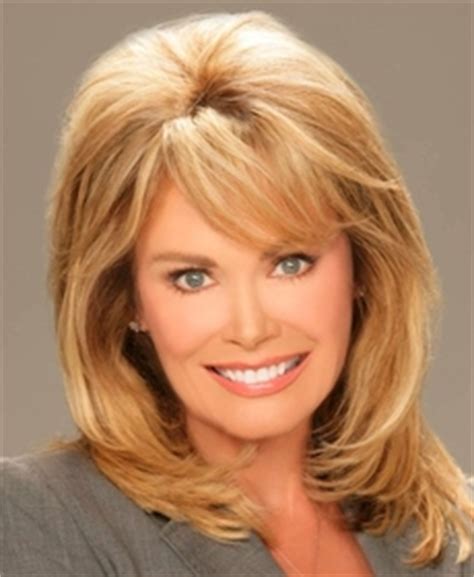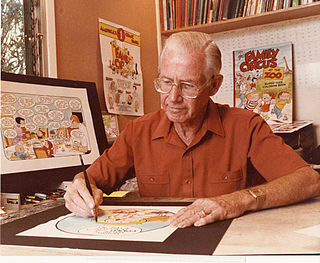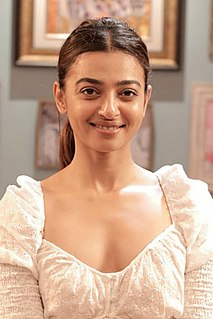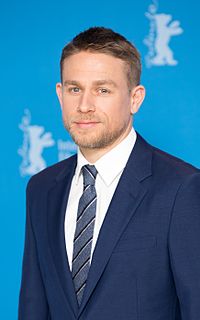A Quote by Angela Merkel
The West was a wonderful world to me. I decided then that if this is the way they did things, then I wanted to be part of it.
Related Quotes
Putin never wanted all of Ukraine. He wanted for historical purposes to take Crimea. He did. Then he wanted a part of Ukraine that he could always use to advance Russian interests. And he is now at a point where nobody in the West is shouting, hey, stop. Give us back Crimea. It's all accepted. And so he has won.
Back then I was still listening to rhythm and blues, and my aunt took me to see a Pete Seeger concert. And it gelled. He made all the sense in the world to me. I got addicted to his albums, and then Belafonte and Odetta - they were the people who seemed to fuse things that were important to me into music. I think Pete the most because he did what he did to the point where he took those enormous risks and then paid for them.
I think credibility is one of those things that, if you work hard and you get it by standing in the trenches and traveling the world, people realize you're multi-faceted. Part of me is a serious journalist and I loved all of the stuff I did. And then there's another part of me that likes to let go and I think a lot of women can relate to that.
In 1995, I went to Berlin to acting school, which was in East Berlin. And I decided to live in the east, because I thought if I go to West Berlin, I might as well stay in Stuttgart in the West because I know all the signs, and the way we deal with each other, and I wanted to get to know the other part of Germany and how they lived and what their history was and their biography. In that period of time, I learned a lot, and it helped me a lot.
My dad really wanted to work in Tokyo and he made it happen. That's important in the way that I grew up. If my parents wanted to do something, then they would do it, and they always push me to try things, to not be afraid of changes and to go out in the world and not be bound by what we're supposed to do.
I started making choices based on what I wanted, and didn’t feel like I needed to justify them. If I wanted to cut my hair, I did it. If I wanted to move to New York, I did it. If I wanted to take a spontaneous road trip, I did it. At 24 I decided that my life is enough for me, and I stopped looking for some other piece to complete it.
I could see the road ahead of me. I was poor and I was going to stay poor. But I didn't particularly want money. I didn't know what I wanted. Yes, I did. I wanted someplace to hide out, someplace where one didn't have to do anything. The thought of being something didn't only appall me, it sickened me . . . To do things, to be part of family picnics, Christmas, the 4th of July, Labor Day, Mother's Day . . . was a man born just to endure those things and then die? I would rather be a dishwasher, return alone to a tiny room and drink myself to sleep.
I tell the truth and I don't try to sugarcoat things. But I also decided that if you don't use humor or satire, then it's just too dark all the time. And one of my favorite literary works is A Modest Proposal by Jonathan Swift. As you know, that was an enormously famous satire piece that was able to point out, you know, things to people in a different way. And I do believe that satire and humor can reveal truth in a way that sometimes doesn't get revealed through other means. And so I decided to, every now and then, use satire and humor as well.


